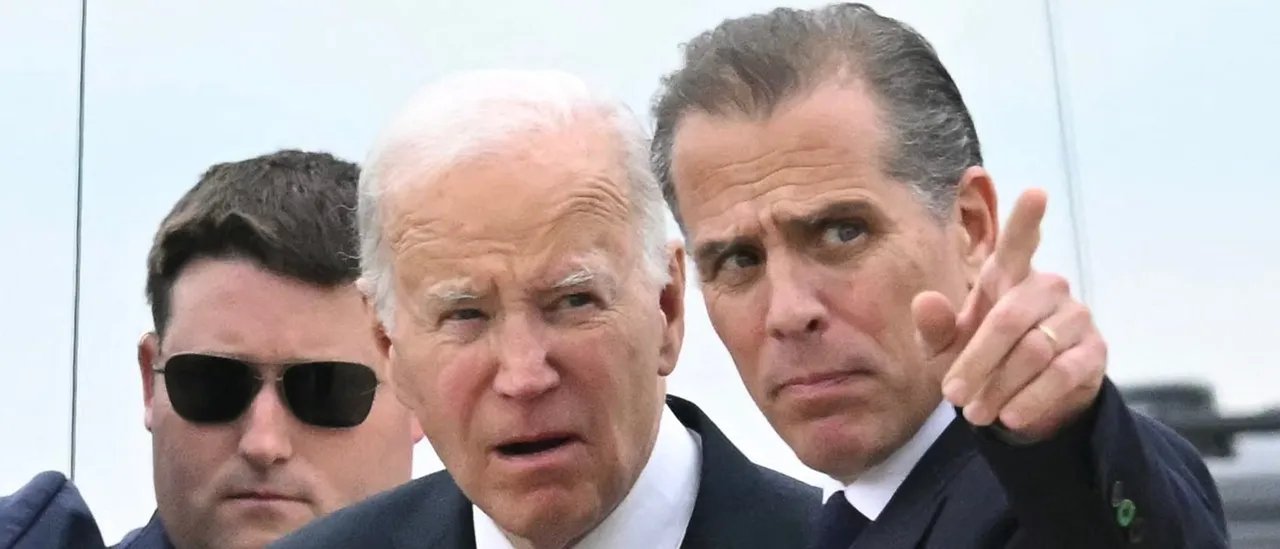Challenges in Letitia James’ Indictment
Jonathan Turley, a law professor at George Washington University, suggested on Friday that federal efforts to convict New York’s Democratic Attorney General Letitia James could face significant obstacles due to various factors.
A federal grand jury indicted James on Thursday on two counts of mortgage fraud in connection with a property in Norfolk, Virginia, where she reportedly saved over $19,000 on a loan. Turley shared his insights during an appearance on “American Report,” where he noted that while prosecutors have moved forward with charges, James’s legal team could complicate matters.
“This case presents challenges for the Department of Justice,” Turley stated. “They selected to prosecute this case in a very blue area of Virginia, and there are several legal challenges, one of which might have merit. But that doesn’t guarantee a victory.”
He further explained, “James might argue that the acting U.S. attorney who initiated these charges wasn’t properly appointed, which could lead to a dismissal of the charges.”
The acting U.S. attorney for the Eastern District of Virginia, Lindsey Harrigan, was appointed by President Trump after Eric Siebert stepped down under pressure concerning the indictment of former FBI Director James Comey.
Turley noted that a significant difference in James’s case—where she sued Trump in September 2022 for allegedly inflating his real estate assets to secure loans—is that she allegedly gained from the fraudulent activity.
“The government claims she profited by misrepresenting the property’s status, which netted her thousands,” Turley said. “So, unlike her suit against Trump, they can pinpoint the specific financial benefits she allegedly obtained. Still, that doesn’t automatically mean they can successfully bring this case before a jury in Northern Virginia. I think James might actually have the upper hand here.”
He elaborated on the potential for delays in litigation, indicating that James might leverage this technical issue regarding the timeline for appointing an acting U.S. attorney. “The president supposedly has 120 days to make this appointment, but he had already utilized that time with the previous appointee. Additionally, there’s the perspective that the prior U.S. attorney was fired because the president intended not to pursue this prosecution. So, this situation is likely to get quite convoluted.”
In her 2018 campaign for attorney general, James committed to investigating Trump, going so far as to label him an “illegitimate president.” She also indicated intentions to challenge the NRA’s legitimacy, vowing to examine its status as a charity.






